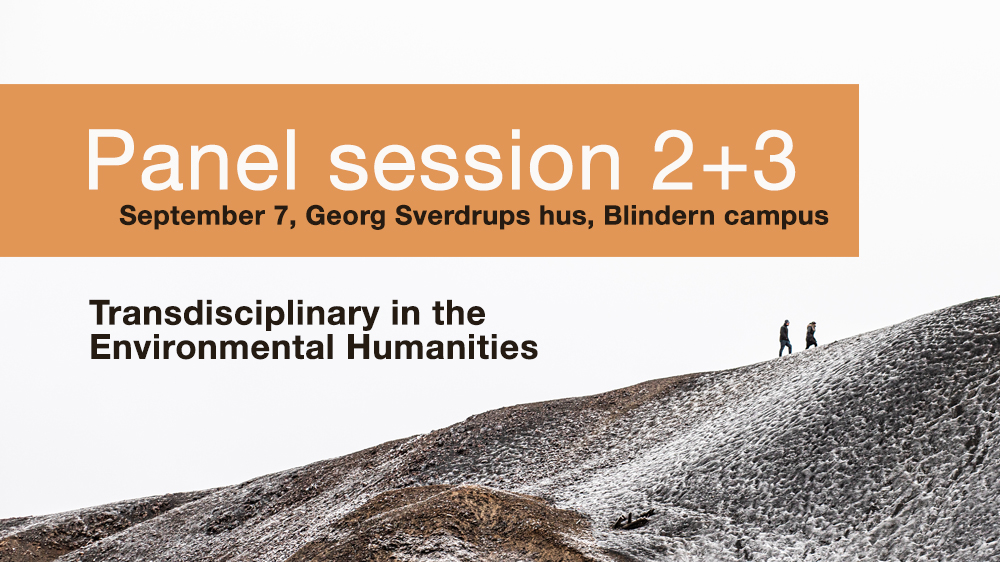Abstract
A ‘soils turn’ is under-way in the environmental humanities and associated social sciences and the arts. From an ignored or maligned natural body to a meeting place between multiple disciplines and discourses, soils are increasingly a source of inspiration for re-thinking matter, agency, relations, and scales. Soils are a good place for mixing things up, for composting ideas and strategies situated at the interface between technosphere, lithosphere, hydrosphere, atmosphere, biosphere, both living and elemental, both local and planetary. The activities and functions of soils express themselves in slow and fast temporalities, and at the scales from aggregate to landscape to bioregion. While soil degradation and loss is a long-standing concern, soil health and regeneration are newer themes to think with, suggesting hopeful and practical ways of building collaborations beyond human socialities. The inescapable entanglement of individual and social human life with that of soils invites us to pose questions about ethics, aesthetics, politics, and relationality in new ways.
The earth sciences are rich with terminology that have been appropriated as heuristic devices for other fields of study and social life. We can speak of “erosion” of society, economic “porosity,” or “aggregation” of data that align with current debates on soil health and care paradigms. Not only composting, but also soiling is thus becoming a term to think-with and think-through. In this session, we invite participants working across environmental humanities and other disciplines to reflect on their experiences of ‘soiling’ different areas of research. What happens when soils are brought into the research arena as agential, as consequential? How can healthy soil become not only a metaphor but a driver for transdisciplinary action for social change?
The panel will be chaired Anna Krzywoszynska and Alexandra Regan Toland, and is split into two sessions: 9:00-11:00 and 14:00-16:00. The panel session is part of the symposium “Transdisciplinary in the Environmental Humanities”.
Papers
- Janna Holmstedt, National Historical Museums in Sweden & Christina Fredengren, Uppsala University, Sweden, "The Impossible Archive: Soil as Heritage and Displaced Matter, Recalling Soils’ Memory"
- Eric Snodgrass, Linnaeus University, Sweden, "Soiling renewables: dirty fieldnotes, smelly prototypes and other humus-filled offerings from Regenerative Energy Communities"
- Debra Solomon, University of Amsterdam, The Netherlands, "New layers added to community soil analysis in The Amsterdam Zuidoost Food Forest"
- Ananda Kohlbrenner, Université Libre de Bruxelles and Sandrine Tonnoir, BRAL, "Making urban living soils matter through co-creative exploration. The Super terram project"
- Charlotte Wrigley, University of Stavanger; Elizabeth Velliky, University of Bergen, "Recognizing and reconstructing ochre lifeworlds"
About the Symposium
As the Norwegian Researcher School in Environmental Humanities (NoRS-EH) starts its 5th year, the Oslo School of Environmental Humanities (OSEH) is organizing a symposium on “Transdisciplinary in the Environmental Humanities” on 6 and 7 September 2023 to highlight and celebrate the innovative environmental humanities research happening in Norway and neighboring Scandinavian countries, especially by early career researchers. Read more about the programme for the symposium here.
